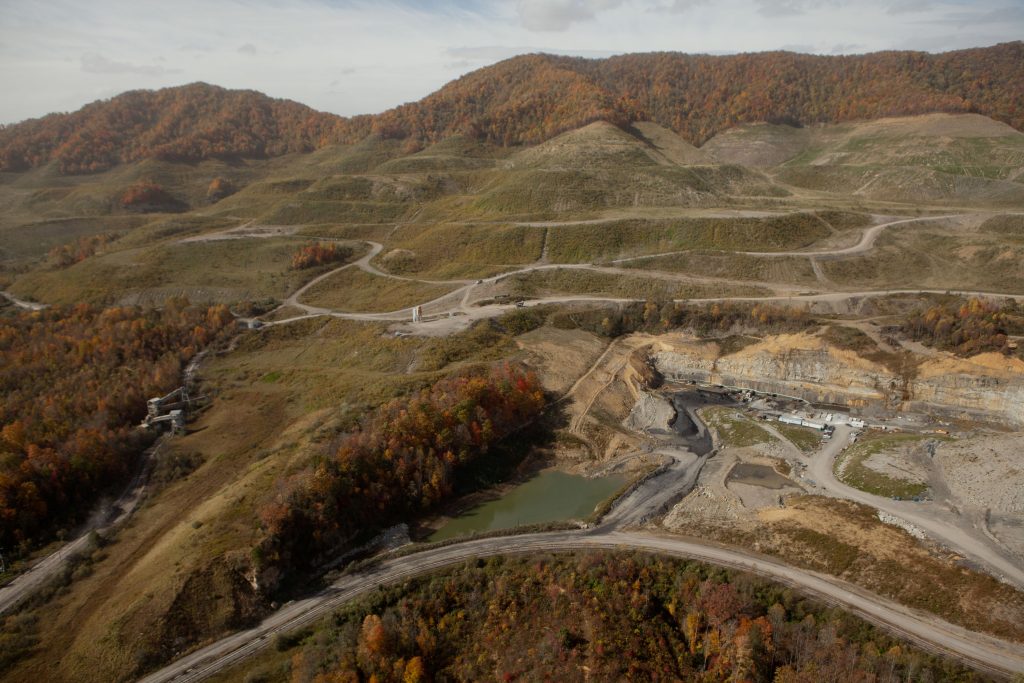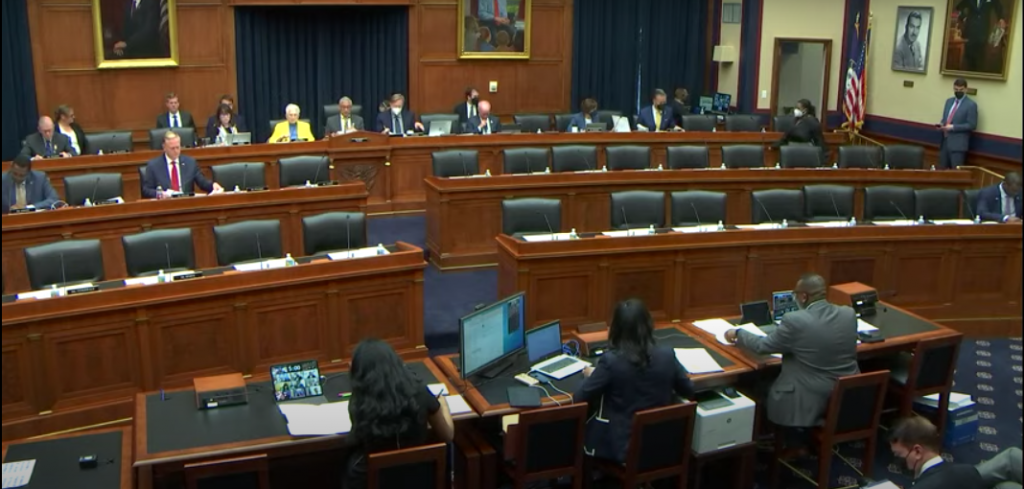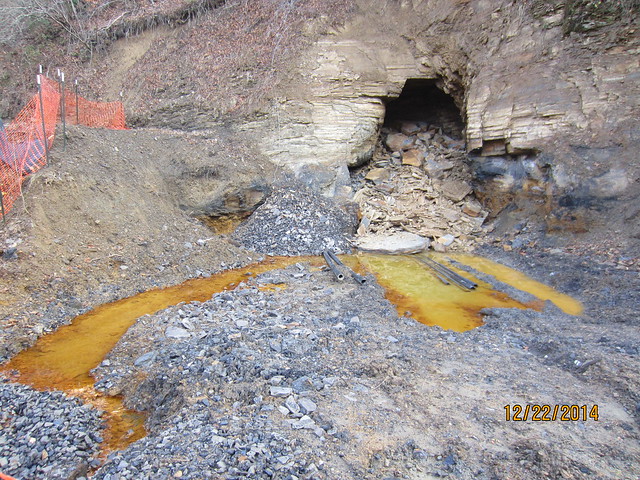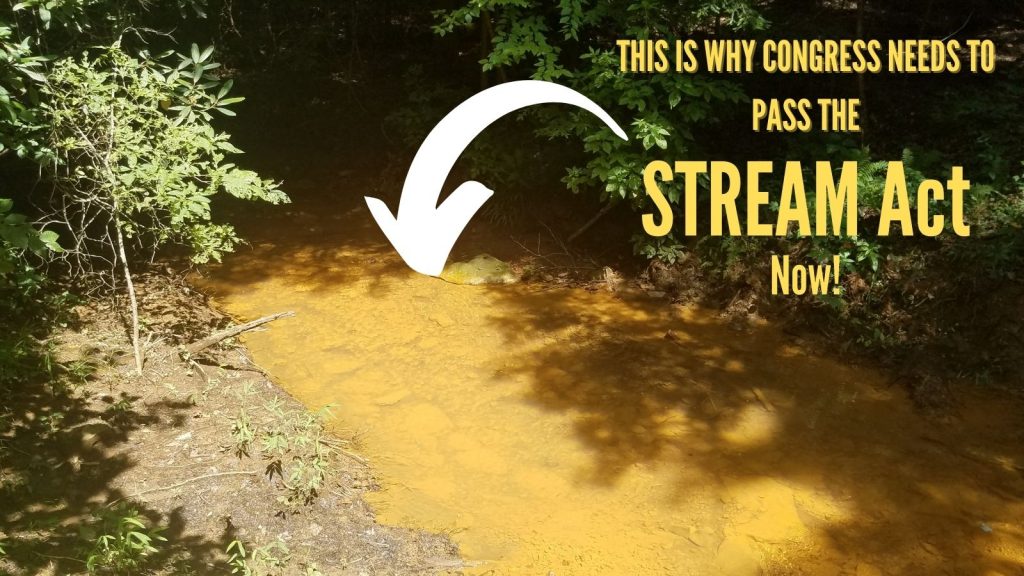Cleaning Up Coal Ash
For well over a century, power plants across the country have burned coal to generate electricity. And for just as long, leftover coal ash has been dumped in open, unlined pits near the power plant, usually located on a river or lake. Every year, U.S. power plants produce 130 million tons of coal ash, which is the second largest waste stream in the country after municipal garbage.
Coal ash concentrates the toxic heavy metals found in coal, including arsenic, mercury, lead and selenium. Stored in unlined, wet impoundments, coal ash has been leaking these toxics into our groundwater and surface waters for years. Sometimes these impoundments collapse — with disastrous results.
Yet government regulations for coal ash management are either non-existent or sparse, and there is little enforcement of the regulations that do exist. In North Carolina, this lack of oversight — and the complicity between state regulators, elected officials and Duke Energy — came to a boiling point in February 2014 when one of Duke’s coal ash impoundments spilled 39 million tons of ash into the Dan River.
Citizens living near North Carolina’s 33 coal ash impoundments — all of which have leaked — have fought for transparency from Duke and the state, and for cleanup of the pollution that threatens their property value, health and family. Their actions forced this issue into the headlines of news networks and to the forefront of environmental justice conversations in the United States.
Appalachian Voices stood with these communities as we worked for years to compel Duke Energy and the N.C. Department of Environmental Quality to excavate coal ash from all the North Carolina sites and dispose of it either in lined, dry landfills, away from waterways, or by recycling it for concrete or other uses, provided it’s done in a manner that protects public health and the environment.
On Jan. 2, 2020, North Carolina announced a historic settlement with one of the state’s most powerful corporations and polluters, Duke Energy. The settlement requires Duke to move nearly 80 million tons of toxic coal ash at six of its power plants to properly lined landfills onsite or recycle it.

Learn information about specific coal ash impoundments in the South, including health threats and safety ratings:
Additional Resources
Fact sheets, videos, links to academic research, and more
Sign Up to Act
Help us protect the health of our communities and waterways.
Latest News
Webinar series to explore coal impacts and just transition issues
Appalachian Voices is working with our partners in the RECLAIM Coalition to put on a series of educational webinars this spring that will take an in-depth look at a number of issues related to coal mine cleanup and economic transition in coal-impacted communities.
Appalachian Voices celebrates U.S. House committee’s bill to improve black lung benefits
The bill, which was reported from the committee on a party-line vote, proposes changes to the Black Lung Benefits Program that will make it easier for coal miners and their dependents to access the benefits of the program, which include a living stipend and healthcare benefits.
Congress misses another opportunity to tackle acid mine drainage crisis
With the passage of the Fiscal Year 2022 omnibus spending package, Congress has failed to address one of the most pervasive and visible problems caused by abandoned mine operations in the country: acid mine drainage.
34 community organizations endorse new bipartisan House & Senate bills to address acid mine drainage crisis
CONTACT: Trey Pollard, 202-904-9187, trey@pollardcommunications.com APPALACHIA — Today,…
Getting federal dollars to the communities that need them most
An early version of a new mapping tool from the Biden administration highlights communities facing climate and environmental justice challenges. This tool will help determine how federal dollars are spent, so we need you to help make sure that the map is correct!










